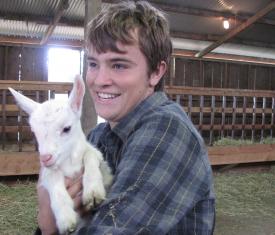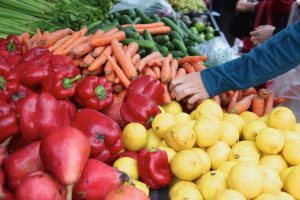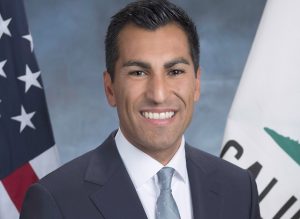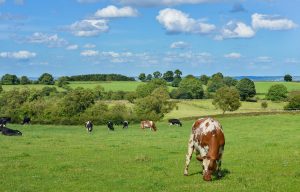
Youth in Agriculture
May 18, 2012 Roots of ChangeRoots of Change is delighted to share this three part series of “Youth in Agriculture”. Our high school student intern, Justin Schmidt writes about his experiences farming and shares his perspective on the future of agriculture.
My interest in agriculture developed two years ago when I worked on a farm in Washington State for a day and a half. The work was strenuous, but the outdoors have always been my preferred workplace. I have continued feeding my interest over time, touring ranches, attending seminars and reading books. Most importantly however I racked up almost 160 hours of work on various farms. I have toiled for up to 11 hours a day in the hot sun, worked side by side with college students and farmers twice, sometimes three times my age. I tilled, weeded, monitored, transplanted, and harvested six days a week for two weeks at one farm. I enjoyed the experiences thoroughly, and couldn’t understand why other students weren’t interested in agriculture. I have been given the opportunity to work at Roots of Change through a program called Team based at Tamiscal High.I II am very fortunate to learn in the ROC workspace. I’m also excited to continue gaining knowledge of what has been accomplished by ROC and other organizations to change our food system.
Consistently, whenever I have participated in anything agriculture-related, I find I am one of the youngest people. I went to a Marin Agricultural Land Trust farm-work day last year, and in all honesty, most of the people there were over 50 years old. A big concern I have with the future of agriculture is the lack of youth involvement. This is because agriculture as a whole has become very distant to the average American. Less than 2% of Americans are involved directly with agriculture. This means the other 98% dont have a personal view on what is actually happening agriculturally. Before WWI, 33% all Americans were directly involved. Because it’s so distant now, people my age give me weird looks when I tell them I want to be a farmer someday. I actually had a girl in my math class ask me, “Won’t you be hella poor though?” People fail to realize the school system is based on the agricultural timeline anyways. The summer break coincides with the farm’s busiest time of year for a reason; historically it was important that American students work on farms.
Students are not encouraged to get involved in agriculture today. A difficult set of labor laws further discourages them. Though I may be over-simplifying a very complex law, I have only seen the bad side of it. The reason I did not list any farm names in the second paragraph is because they could get sued for having me work with no pay. What creators of this law don’t realize is that I am being paid very well. I am given room and board (which usually consists of a tent) but I am also paid through knowledge and experience. I keep journals of everything I learn along the way, and I trust the information will prove itself useful someday. Simply being out in the fields and talking to the farmers gives me very good experience. A farmer once told me, “If I followed the labor law I would have to keep track of how much work you do by the hour, add up its value, then subtract how much water and electricity you use, as well as how much food you eat and what it costs to house you. I would need an accountant to keep track of all that information, and in the end the numbers would probably cancel each other out anyway.” In this respect, young people like me are discouraged from working, and farm-owners are scared to allow us to do so. Given that there is a lack of interest in farming in our society already, a discouragement to get involved could mean even more of a disconnect.
The good news is that I am involved, and there are plenty of others my age who are engaged as well. Younger generations make an impact on our food system today, and I intend to show why. I will be interviewing these people to write about them, and give readers an understanding of their motivations and opinions. These interviews will give insight to how the food system impacts my generation, and show how my generation will impact the food system.
* Justin Schmidt is a student at Tamiscal High School in the Team program. He enjoys agriculture and hopes to be a farmer some day.



